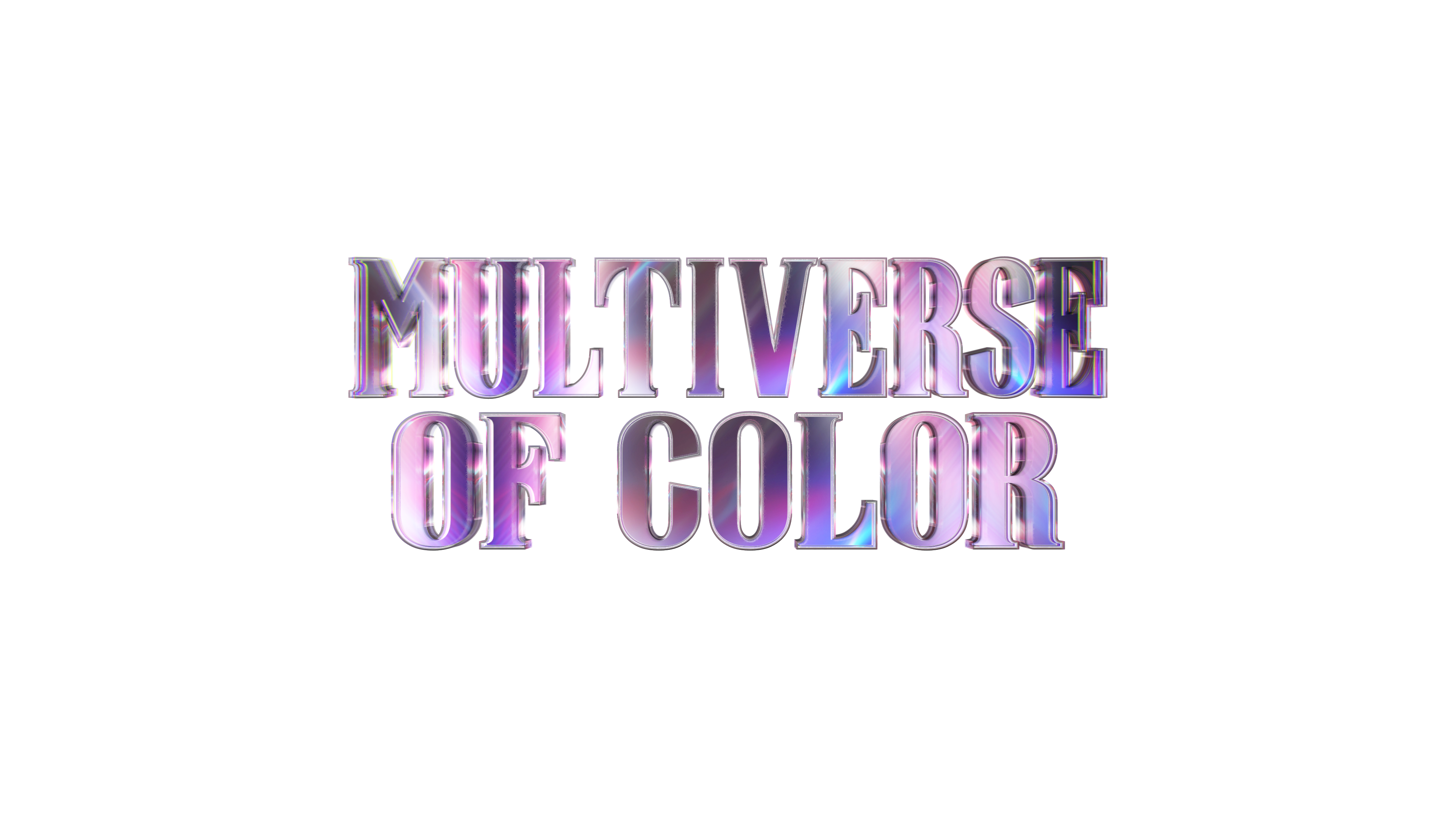Knowing something is going to happen doesn’t make it any easier to watch. That’s true for the dark turn of events on The Falcon and The Winter Soldier Episode 4, “The Whole World Is Watching.”
There was never any question that John Walker would become a villain. As much as the show tried to humanize him, the audience picked up from the start that he did not have what it takes to be Captain America.
From Tragedy to Horror
Every decision Walker makes on this episode shows why he could never live up to Steve Rogers. He wants to fight Karli instead of trying to reason with her. He steals the last vial of Super Soldier serum instead of turning it in.
After his fragile ego has been stomped on by the Dora Milaje, he takes the serum.
The biggest test of all comes after he’s taken the serum and watches his partner Lemar accidentally killed in a conflict with The Flag-Smashers. It’s a heartbreaking moment, but heroes’ origin stories are filled with tragedies. And so are the origins of villains.
In the final moments of the episode, the audience is treated to a horrifying scene where Walker bashes one of the Super Soldiers to death with the shield while a crowd of people watch and film him. Seeing that shield, that symbol of hope, dripping with blood is one of the most disturbing images to ever come out of the MCU.
The Flag-Smashers wanted to kill Captain America, but instead, Walker does that all by himself by completely tarnishing everything the name stood for. All throughout the season characters have asked, “can and should there be another Captain America?” The ending of Episode 4 seems to give us an answer.

Captain America’s Real Legacy
While this shocking ending certainly makes up for some of the episode’s weaker points, the episode is not without fault.
As much as I appreciate what the show has to say about Captain America’s legacy, this episode fails to spend adequate time on two very important parts of that legacy: Sam and Bucky.
We see Sam empathize with Karli and her desire to help people. Unlike Walker, he tries to reason with her so she won’t become the same type of villain she’s fighting. Yet the show doesn’t go far enough to explain why Sam is able to empathize with her. Instead, we get that explanation from his sister Sarah, who is blunter about how the government and new Captain America don’t care about people like her.
Bucky gets a rather emotional flashback scene showing the first time in Wakanda they read the activation words since his treatment started. You’ll also shed some tears as Bucky goes from crying out of fear to crying out of joy when he realizes the treatment worked and the words no longer work on him.
Still, it’s a flashback and doesn’t address who he is in the modern day. We know he’s still loyal to Steve, and more loyal to Sam than he lets on, but at the start of The Falcon and The Winter Soldier he was searching for something more than this endless fighting. Will he find it?
There are still a lot of questions about where this show is going and what it means for Sam and Bucky’s futures in the MCU. Even though The Falcon and The Winter Soldier is a standalone series, it’s hard to imagine Marvel creating a show centered around these two characters with no plans to set up their futures.

For the second episode in a row, Zemo proves to be the most interesting character. His ideology about supremacy, although certainly far from infallible, pushes the characters around him to think more critically about Steve’s legacy beyond their personal feelings for him.
Bucky may have predicted that Walker was suffering from mental health issues, but Zemo is who inadvertently predicts what the power of the serum would do to him.
(I also had to laugh when he literally pulls a move out of The Chronicles of Narnia and tricks children into helping him using Turkish Delight.)
Zemo may have slipped away during the conflict with the Dora Milaje, but there’s no doubt we’ll be seeing him again by the time this series ends.
New episodes of The Falcon and The Winter Soldier premiere on Fridays on Disney+.


